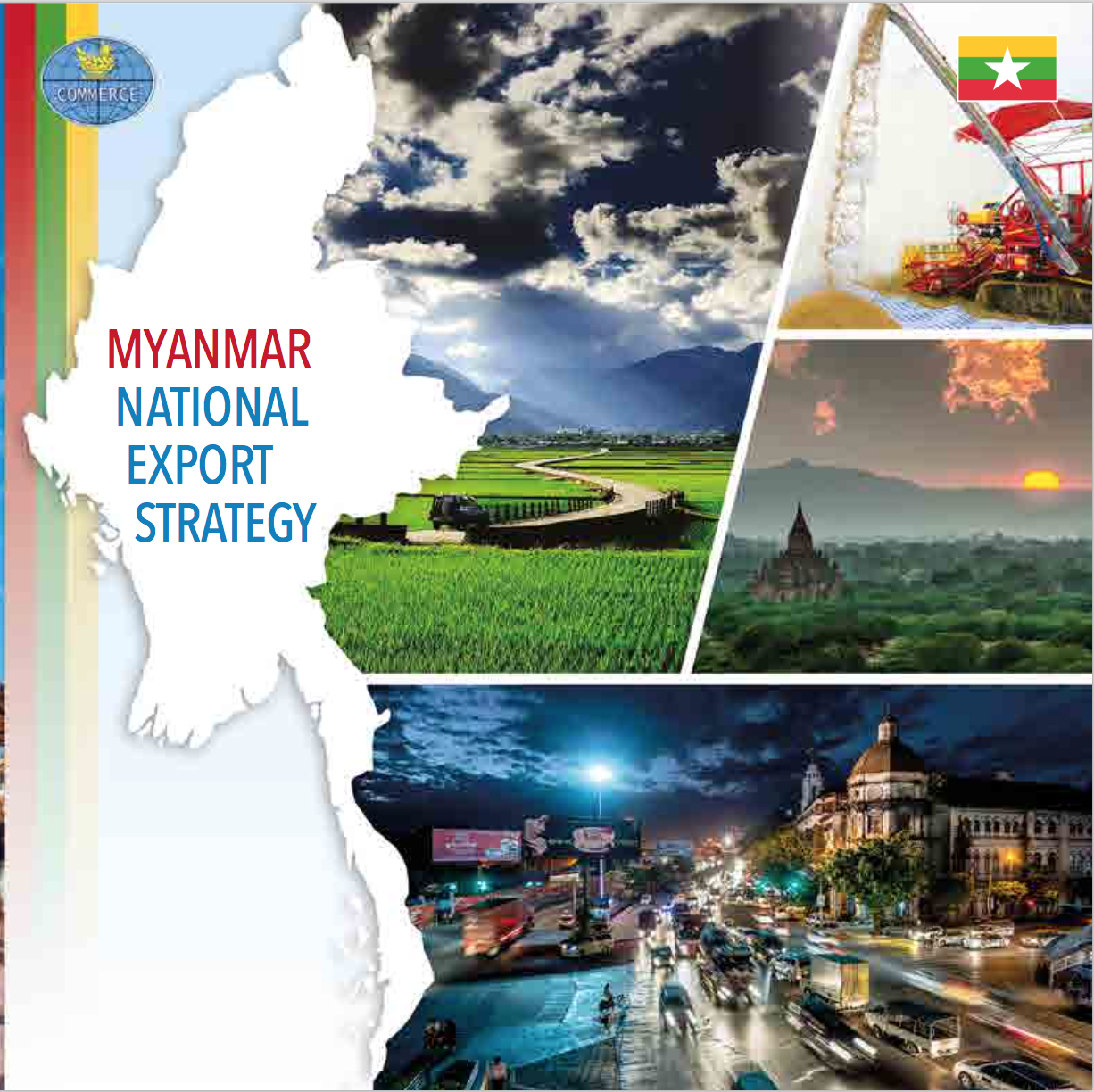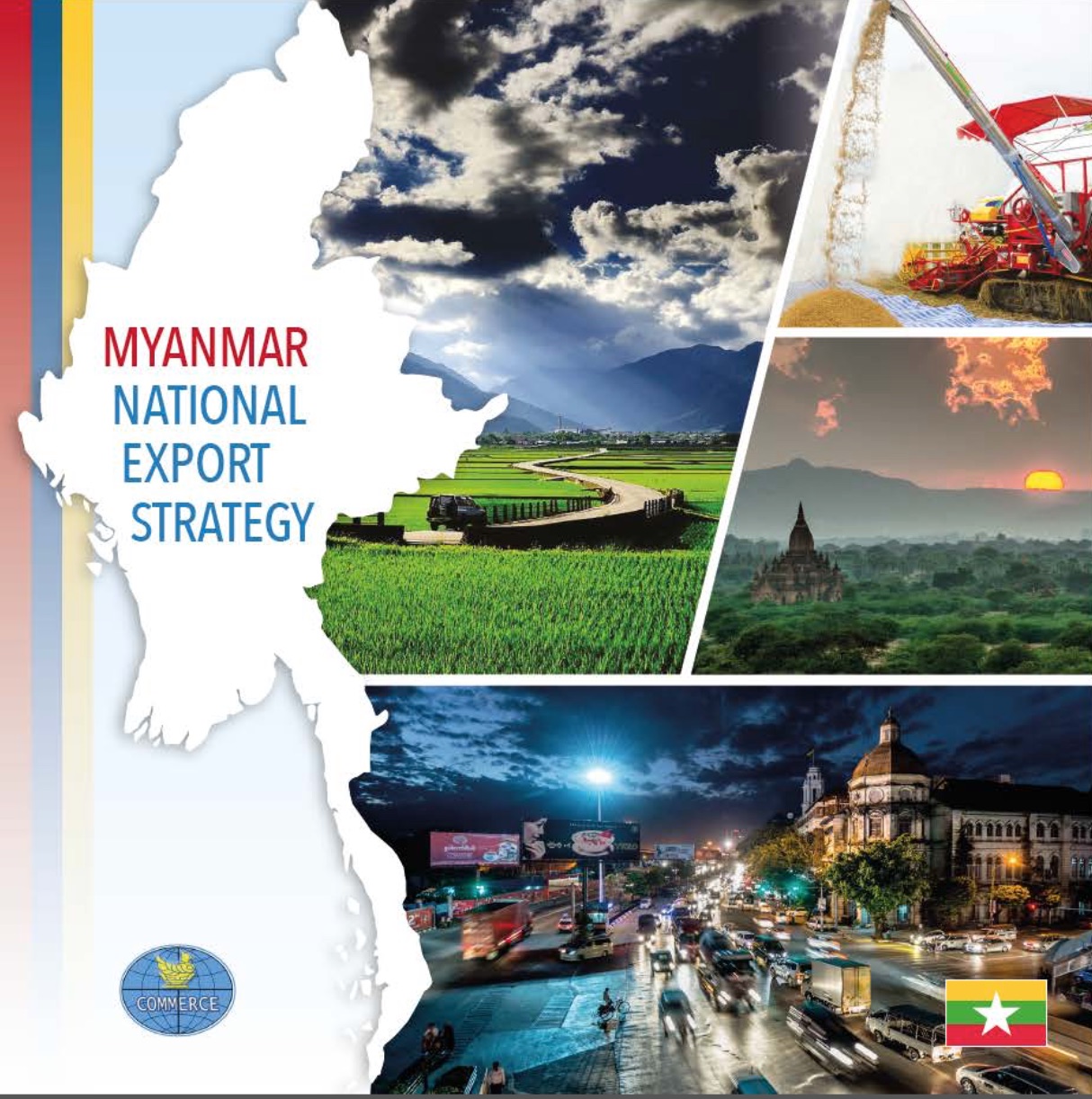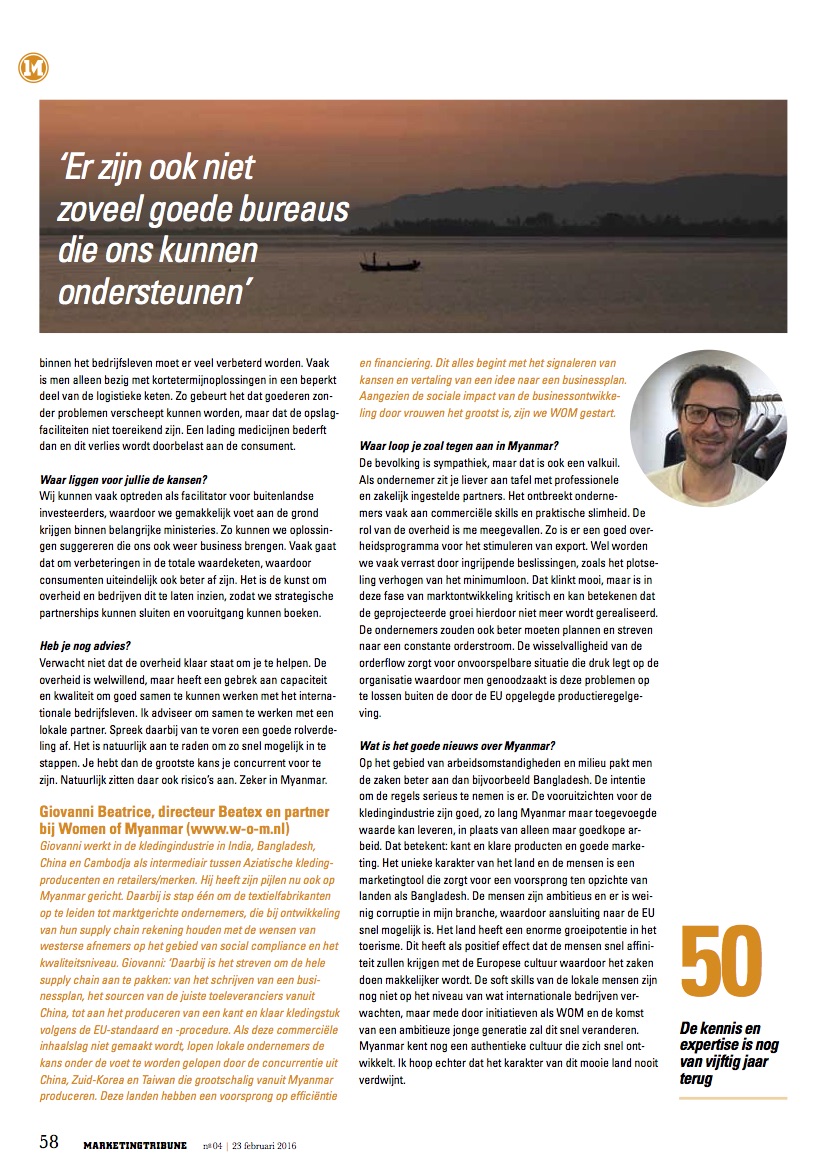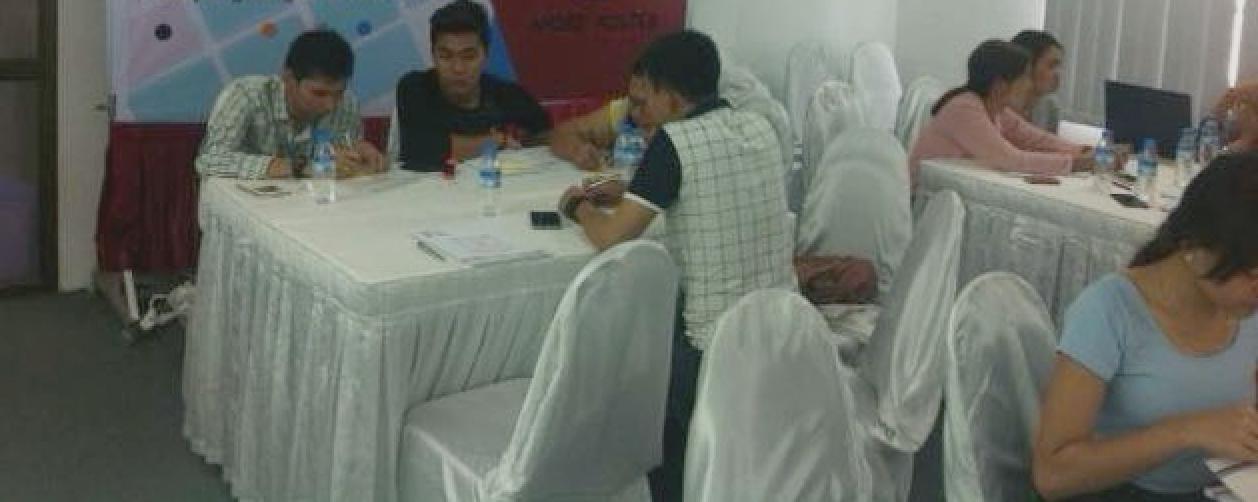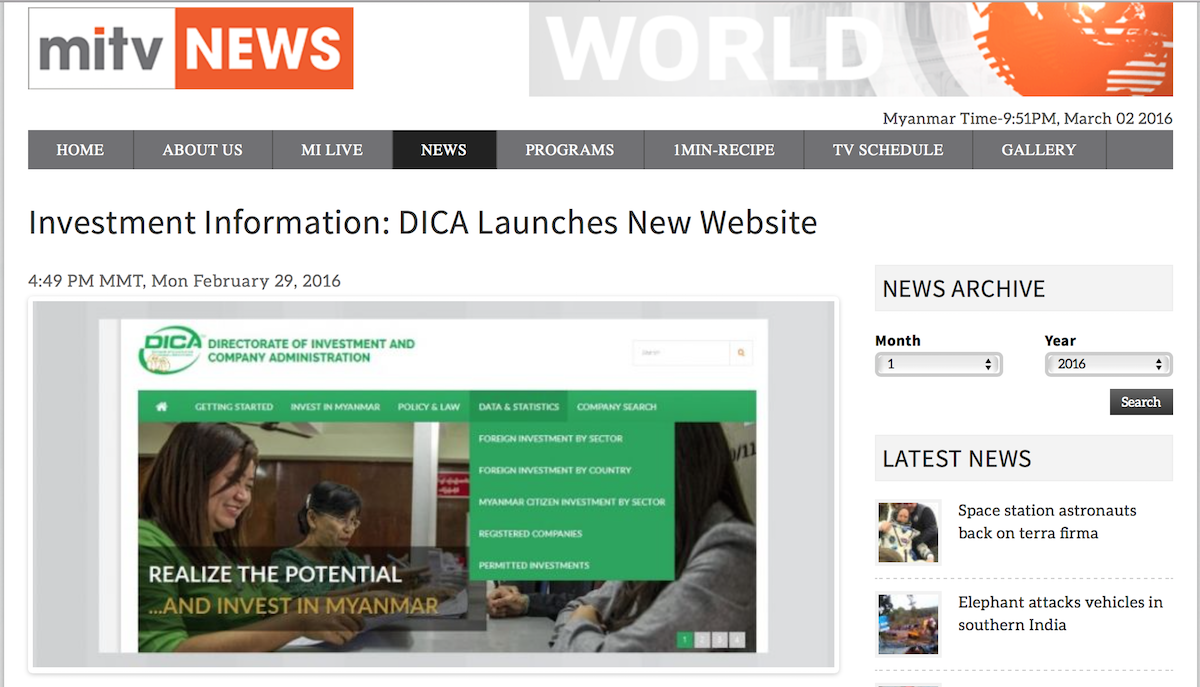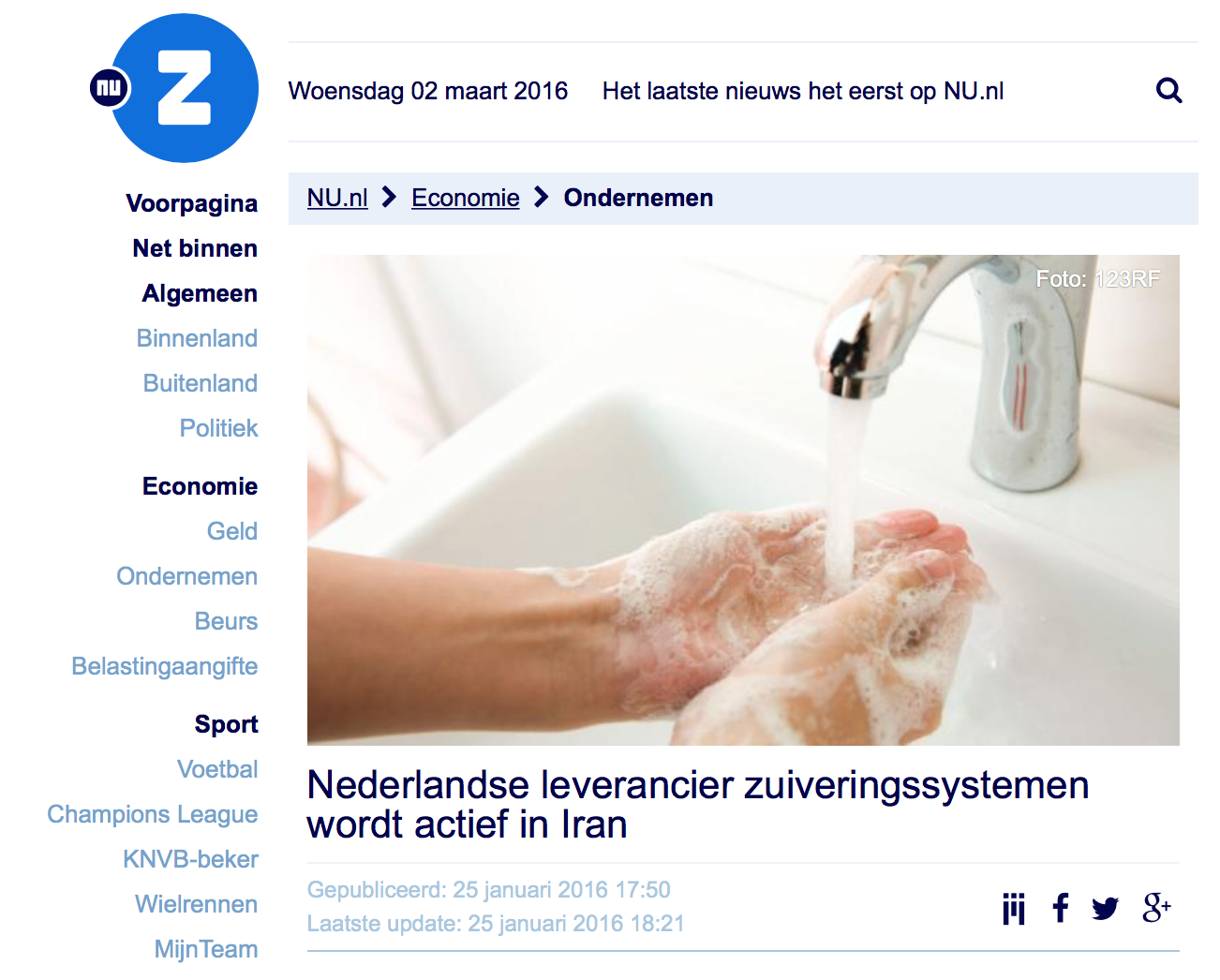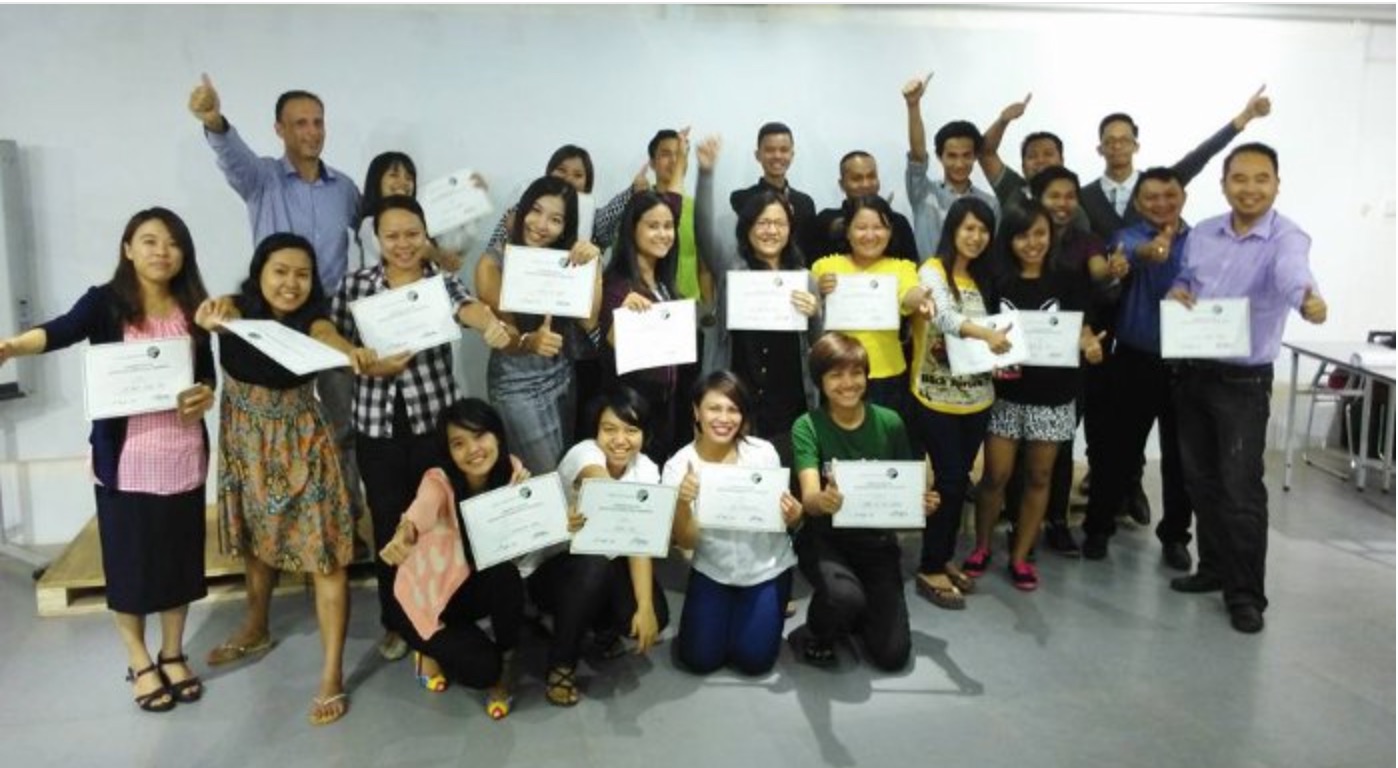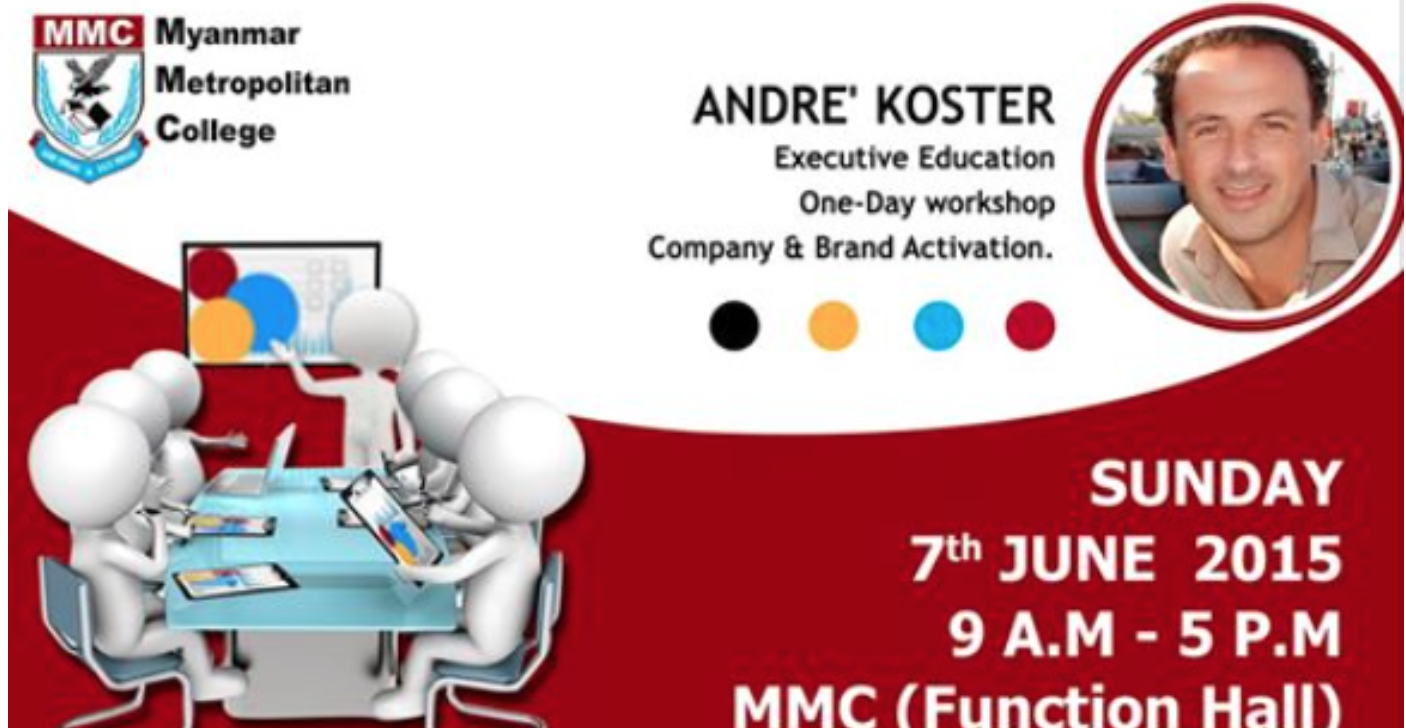As the wind changed direction
The temple band took five
The crowd caught a wiff
Of that crazy Casbah jive
The Shareef don’t like it
Rock The Casbah
(The Clash, Rock the Casbah)
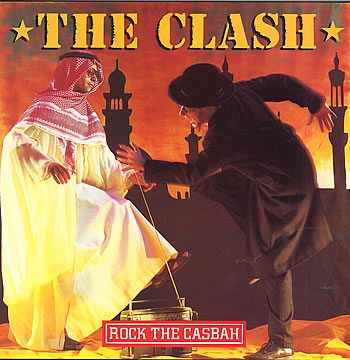
Although the definition of a frontier market differs wildly, most would agree that a frontier market is the preceding stage of an “emerging market”. The big capital investors have labeled quite long lists of countries (Standard & Poor’s: 36 countries) as frontier markets. However, when we look closer, these lists also include smaller but well-developed countries such as Estonia and UAE. When we narrow the definition to countries that are either escaping from the stage of “least developed economic country” or those that are somewhat developed but have been isolated before, the list becomes smaller. Operating now from Yangon, I can surely state that Myanmar falls into this category. However, as many South East Asian and African countries have grown successfully into the “emerging market” phase, there aren’t that many true frontier markets left. Iran is certainly one of them and a very special case too. Although reasonably developed (nr. 70 of 198 on the GDP per capita list, IMF, 2014), Iran has been isolated because of international sanctions for decades up until now.This boycott has harmed the Iranian economy significantly, causing high inflation and unemployment. Now the agreement on nuclear issues is on the table, Iran could be looking at lifted sanctions as early as end of this year. What are the implications for the world market in general and for doing business in this new and exciting frontier market?
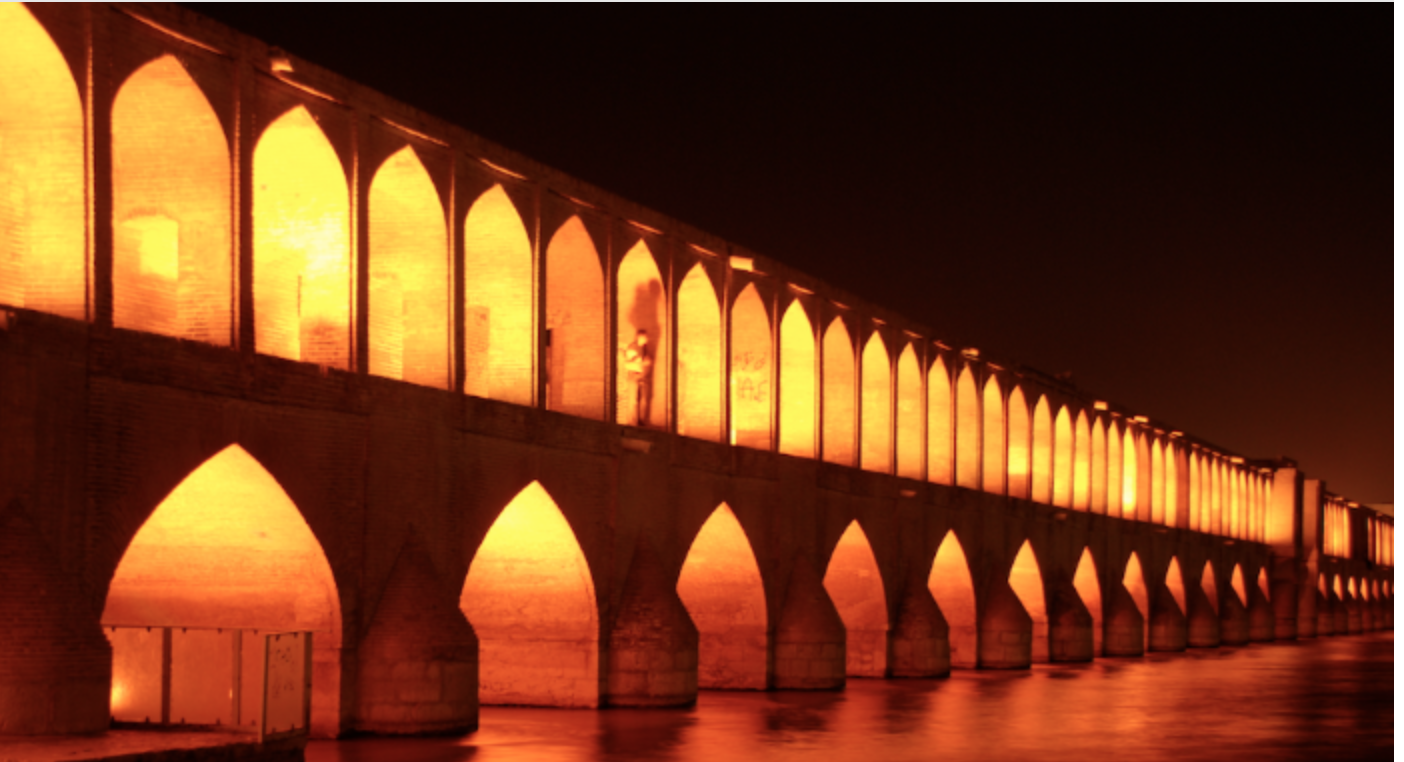
Let’s look at the hard facts first. Iran has a population of 80 million people, making it a bigger consumer market than the UK, France or Italy. If we look at age distribution, almost half of this population is younger than 30. The country is also surprisingly homogenous if you in terms of ethnic background and language: most Iranians are Muslim Shiites and speak Farsi, either as first or second language. Social classes A & B are still small (11%) but on the rise. Only these figures should wake up investors and exporters.
Apart from the sheer size of this market, there are more compelling reasons to investigate the Iranian market. Having visited the country multiple times, I was surprised to see the high level of education (especially amongst women), language skills (English) and their favorable attitudes towards western lifestyle and consumer goods. Either they already have the iPhone 6, or they want one. Unofficial Disney stores, KFC’s and Apple outlets can be seen in the streets of Teheran. Consumers are very much online and social media savvy. All signs of a potentially profitable consumer market.
Now the sanctions are about to be lifted, Iran is on the verge of re-entering the world economy. Being heavily dependent on oil money, the country is desperate to import consumer goods or to welcome investors for joint venture production. Volkswagen has already announced to start assembling cars in Iran. Bavaria has been successfully selling their non-alcoholic beers for quite some time. As restrictions are still in place, many emerging market specialists are visiting Iran on a tourist visa as we speak, secretly scouting for business opportunities or doing fact finding missions. Iranian investment groups have already started pitching at the Iranian diaspora (mainly in the US) to re-invest in their homeland. A huge amount of capital that has been frozen as part of the international sanctions will be freed soon. This will certainly help boosting the Persian economy. As the country has a young and sophisticated population who are willing to spend their Rials, the outlook for this frontier market could be spectacular. So, who’s ready to pick the fruits of the first-mover-advantage and rock the Casbah?
